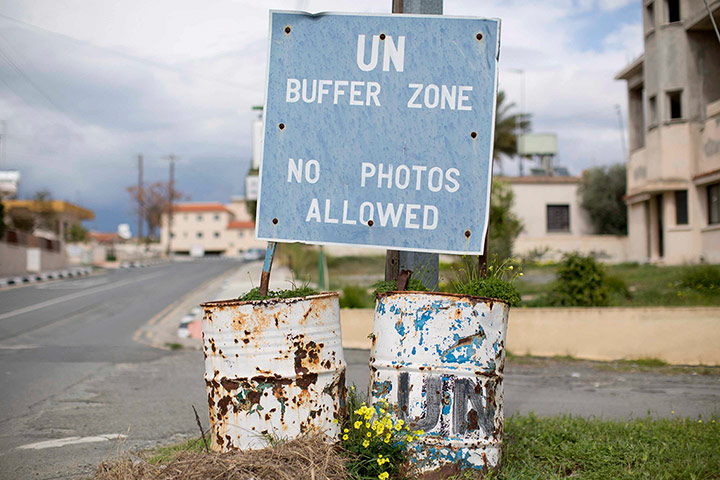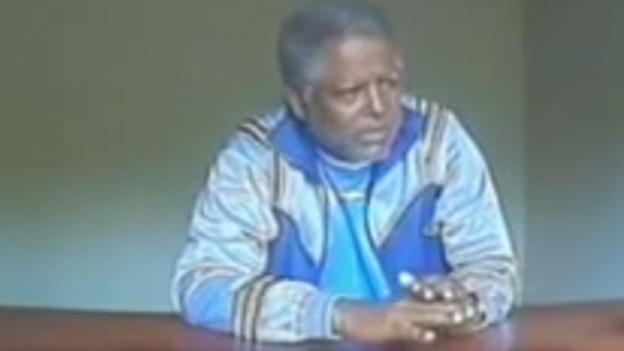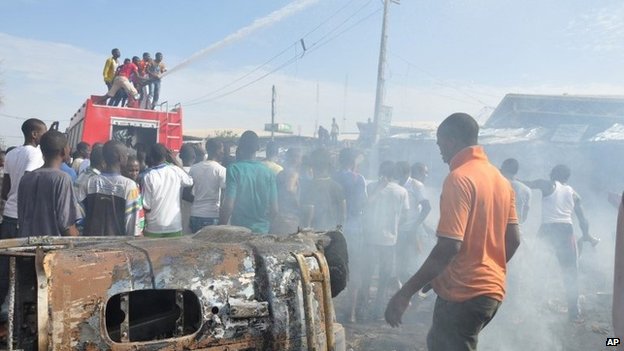IN MEMORIAM: ICC Judge Hans-Peter Kaul
We are deeply saddened to announce that former International Criminal Court (ICC) Judge Hans-Peter Kaul passed away on 21 July 2014 after a period of serious illness, which led him to resign from the Court with effect from 1 July 2014.
“Judge Kaul’s death is an enormous loss for the ICC. He served as a role model, dedicating his career to reshaping international justice. Judge Kaul was a driving force in the creation of the Rome Statute, in the establishment of the ICC, and in many of the decisions rendered in the situations and cases before the Court in its history thus far. We will long remember him with respect and admiration on a personal and professional level, for his relentless commitment and extensive contributions to international justice”, said ICC President Judge Sang-Hyun Song.
The President of the Assembly of States Parties, Ambassador Tiina Intelmann, recalled “the vital contribution which Judge Kaul had made to the establishment of the Rome Statute system, both as head of the German delegation during the negotiations which culminated in the adoption of the Statute, as well as a member of the Court’s bench, where he leaves an important legacy of contributions to the jurisprudence of the Court. Judge Kaul will be remembered for his multi-faceted and unrelenting support to the cause of international criminal justice; he was also indefatigable in advancing the support for the amendments to the Rome Statute on the crime of aggression”.
National of Germany, Judge Kaul served as an ICC Judge for 11 years. In the first elections of ICC judges in February 2003, he was elected by the States Parties to the Rome Statute for a three-year term and assumed his duty on 11 March 2003. He was re-elected in 2006 for a further term of nine years. Judge Kaul was a member of the ICC’s Pre-Trial Division, serving as the Division’s President from 2004 to 2009, as well as from 8 April 2014 until his resignation. He contributed to important decisions in proceedings regarding situations in Uganda, the Democratic Republic of the Congo, Darfur (Sudan), the Central African Republic, Kenya, Libya and Cote d’Ivoire, and the related cases. From 2009 to 2012, he served as the ICC’s Second Vice-President.
Judge Kaul also served for several years on various committees related to the Permanent Premises: he was chairman of the Inter-Organ Committee on the Permanent Premises (2003-2008), the senior representative of the Court in the Jury of the International Architectural Design Competition, and contributed to the work of the Oversight Committee of States Parties, playing an important pioneering role in the process which eventually led to the planning and construction of the ICC’s future permanent home.
Judge Kaul made significant contributions to the development of the ICC and international law even before being elected as an ICC Judge. In 2002, he was appointed Ambassador and Commissioner of the Federal Foreign Office for the International Criminal Court. From 1996 to 2003 he participated as head of the German delegation in the discussions and negotiation process of the Rome Statute of the International Criminal Court. Previous to that, in his capacity as Head of the Public International Law Division of the Federal Foreign Office (1996 – 2002), he was responsible, inter alia, for several cases involving Germany which were before the International Court of Justice. He published extensively on the International Criminal Court and other fields of public international law.
Condolence books will be available at the lobby of the main entrance of the International Criminal Court (Maanweg 174, The Hague, Netherlands) and of the public entrance (Regulusweg, The Hague, Netherlands) from 23 to 25 July 2014. Messages of condolence can also be sent by letter to the President of the Court Judge Sang-Hyun Song and by email to: PublicAffairs.Unit@icc-cpi.int.



